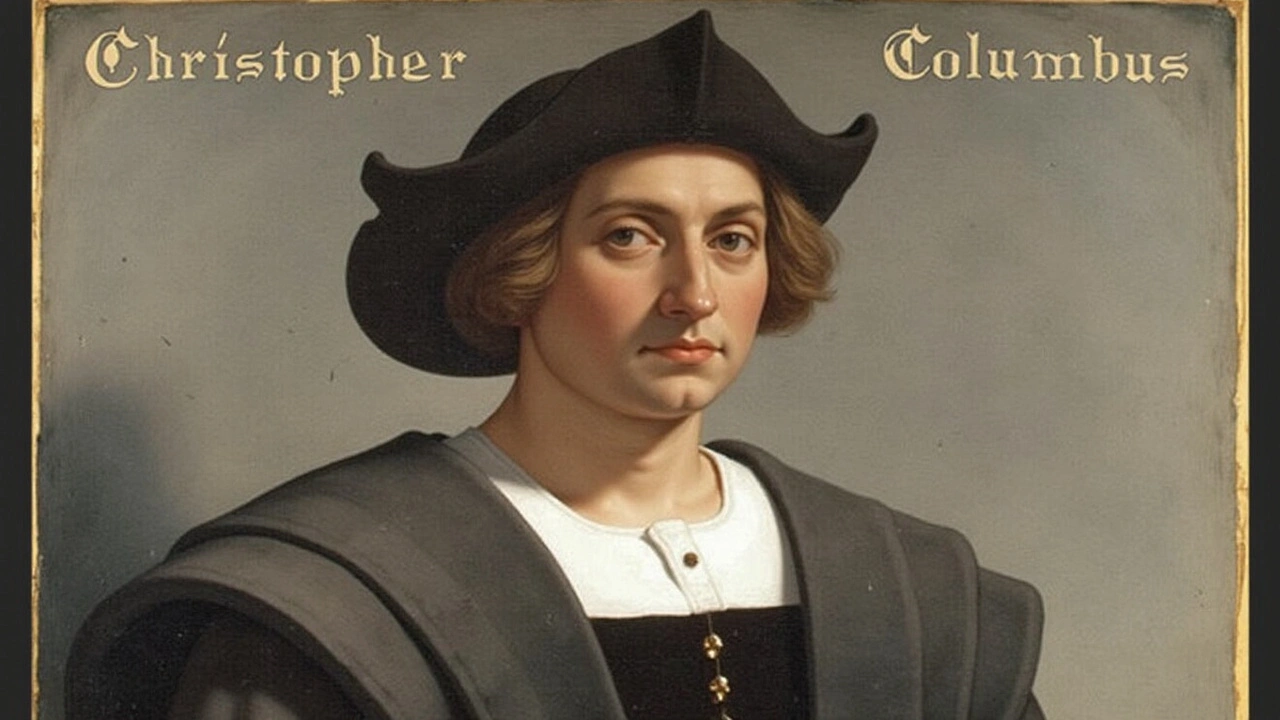DNA Study: What It Means for Africa, Your Health and Your Story
Few topics change how we see ourselves faster than DNA studies. In Africa, where genetic diversity is the richest on the planet, new research is rewriting history, improving medical care, and raising big questions about privacy and fairness.
Why African DNA studies matter
DNA studies look at the tiny instructions inside our cells to answer who we are and how our bodies work. Projects like H3Africa and the African Genome Variation Project have filled huge gaps in global data. That matters because most genetic research used to focus on people with European ancestry, leaving medicines and tests less accurate for Africans.
For example, better genetic data helps doctors spot disease risks that show up more in African populations, like certain forms of sickle cell complications or drug responses that need dose changes. It also helps scientists trace migrations, such as the Bantu expansion and coastal trade routes, giving clearer clues about language, culture, and family links across countries.
DNA work also strengthens forensics and public safety. When local labs have good genetic databases and training, police can solve crimes faster and with fewer errors. But that benefit comes with a need for strong rules to stop misuse.
How to use DNA study results safely
Thinking of a consumer DNA test? Pick a reputable company and read the privacy policy. Some tests let you download raw data to share with a doctor or researcher; others keep results on their servers. If you’re worried about how results could be used, look for firms that let you opt out of research or delete your data.
When health results pop up, don’t panic. A genetic marker is rarely a diagnosis. Use results as a reason to talk to a genetic counselor or your doctor. They can explain what a risk means in plain terms and suggest steps you can actually take, like screenings or lifestyle changes.
Communities and policymakers should push for fair rules. That means local control of samples, benefit-sharing when research leads to new tests or drugs, and training for African scientists so research stays local and relevant.
DNA studies are changing the game for medicine, history, and justice across Africa. They can help people find lost family links, give doctors better tools, and fix decades of bias in science — but only if data is handled right and benefits reach local communities.
Want tips on choosing a test or reading a report? Check the latest local initiatives and ask for a genetic counselor if your results touch on health. Better data should mean better care and clearer answers, not more confusion.

Genetic Study Links Christopher Columbus to Sephardic Jewish Ancestry
Keabetswe Monyake Oct 14 18A groundbreaking study by Spain's University of Granada links Christopher Columbus to Sephardic Jewish ancestry through an analysis of his son Hernando Colón's DNA. The research, led by forensic scientist José Antonio Lorente, suggests genetic ties to the Iberian Peninsula, where Jews thrived in medieval times. The findings may reshape understandings of Columbus's heritage and historical motivations.
More Detail